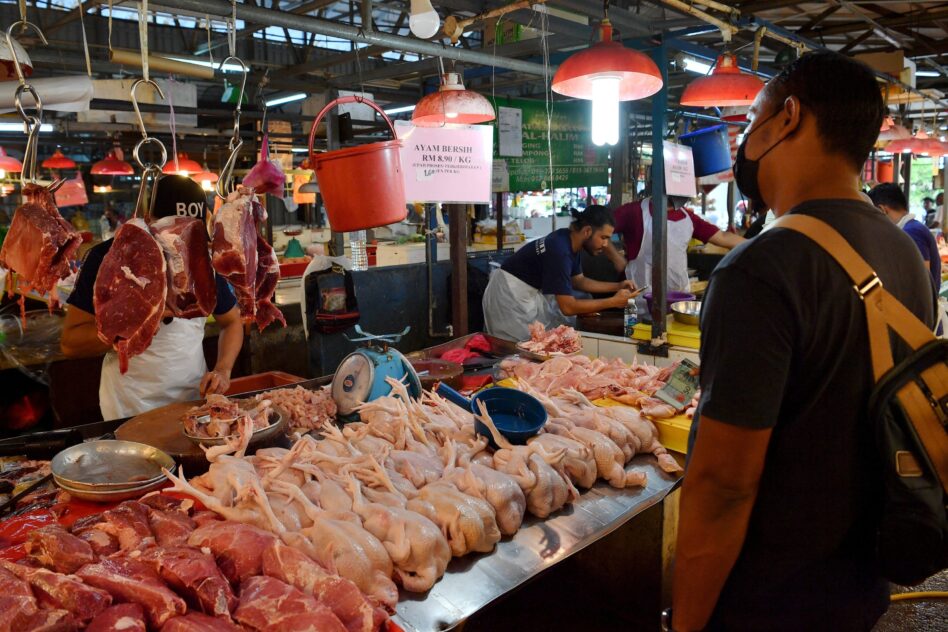THE news that another million doses of AstraZeneca COVID-19 vaccine is set to arrive in Malaysia this month, and that they will be made available via opt-in registration for people in the Klang Valley and other states is certainly a bit of good news to start the day.
Khairy Jamaluddin, who is the coordinating minister for the National COVID-19 Immunisation Programme, said that an announcement would be made this week.
With the surging number of COVID-19 cases in the recent days, the additional vaccines are most welcome. This is amid calls for a faster vaccine roll-out – the country’s vaccination programme kicked off on Feb 24, but is proceeding at glacial pace.
As at May 16, only 3.6% of the Malaysian population (or under 1.2 million people) have been fully vaccinated so far. This is against the country’s target of vaccinating more than 80% of its population (or close to 27 million people) by the first quarter of 2022.
However, there are still plenty of lessons to be learned from the latest opt-in programme, which saw 268,000 doses of the AstraZeneca vaccine going out to folks in the Klang Valley earlier this month.
On the top of the list is obviously issues related to congestion and overcrowding, as seen at the Pusat Pemberian Vaksin AstraZeneca (PPVAZ) in World Trade Centre Kuala Lumpur recently.
In a statement by the COVID-19 Immunisation Task force (CITF), the issue stemmed from the arrivals of vaccine recipients much earlier than their scheduled appointments.
There was also a significant number of walk-ins who had turned up to try their luck without prior appointments, which further contributed to the congestion.
To pull off an AstraZeneca opt-in exercise on a national level, much still needs to be done, from the readiness of the vaccination centres to the announcement of the necessary standard operating procedures (SOPs).
The SOPs must be clear, with no room for ambiguity or confusion, and more importantly, they must be made in advance (not on the day before the roll-out like the SOPs for the current MCO).
Failure to comply could possibly lead to overcrowding and congestion, and this could in turn result in an increase in the chances of unintentionally spreading the COVID-19 infection.
If we are not careful, we might have another wave of infections in our hands, and this is the very last thing anyone would want right now. – May 19, 2021










